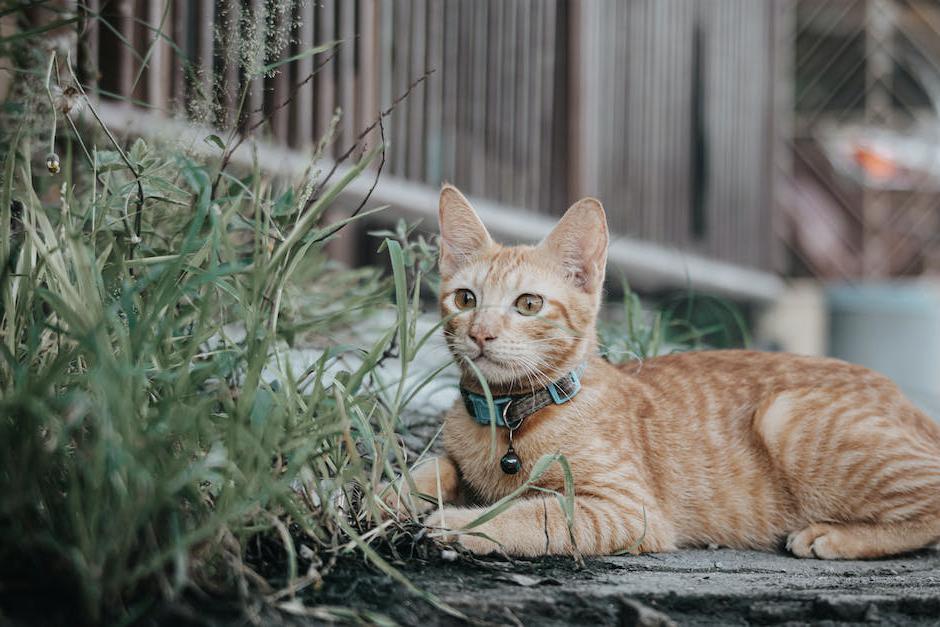
The best diet for exotic pets is one that is tailored to the individual pet. Exotic pets, such as sugar gliders, hedgehogs, reptiles, amphibians, and birds, have different dietary needs, so it’s important to consider their individual needs and consult a veterinarian or pet nutritionist to ensure the pet is receiving the proper nutrition.
The best diets for exotic pets should include a variety of fresh, wholesome, and nutrient-dense ingredients. Exotic pets should be fed a diet that is high in protein, vitamins, and minerals. This can include live foods, such as insects and worms, as well as processed, commercial diets. In some cases, owners may also need to supplement their pet’s diet with vitamins and minerals, as well as other nutrients, such as essential fatty acids.
Live foods, such as insects and worms, are an important part of a healthy diet for exotic pets. These foods provide essential nutrients, such as proteins, fats, vitamins, and minerals. Live foods should be offered in the appropriate size and quantity for the specific pet, and should be dusted with a calcium supplement to ensure the pet is receiving the right amount of calcium.

Processed, commercial diets are also available for exotic pets. These diets are typically high in protein and fat, with added vitamins and minerals. It’s important to read the labels on these diets and select one that is appropriate for the pet’s species, size, and age. It’s also important to ensure that the diet is formulated for the pet’s specific species, as some diets may not be suitable for certain exotic pets.

In addition to commercial diets and live foods, some exotic pets may also require additional supplements. These can include vitamins and minerals, as well as essential fatty acids. It’s important to consult with a veterinarian or pet nutritionist to determine the appropriate supplements for the pet.
Finally, it’s important to feed exotic pets on a regular schedule. This will help ensure that the pet is receiving the proper nutrition and is staying at a healthy weight. The frequency and amount of food will vary depending on the pet’s individual needs.
Overall, the best diet for exotic pets is one that is tailored to the individual pet. Owners should consult with a veterinarian or pet nutritionist to ensure the pet is receiving the proper nutrition, including a variety of fresh, wholesome, and nutrient-dense ingredients. In addition, owners should pay close attention to the pet’s food labels and ensure that the diet is appropriate for the pet’s species, size, and age. Finally, it’s important to feed exotic pets on a regular schedule to help ensure that the pet is receiving the proper nutrition and is staying at a healthy weight.
